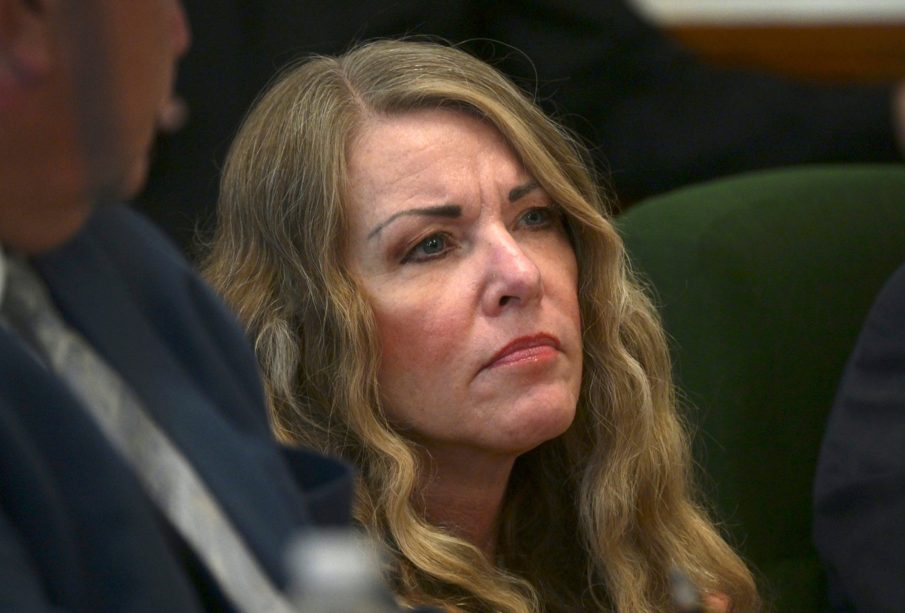Understanding the Ongoing Case of Lori Daybell

Introduction
The case of Lori Daybell has garnered significant media attention in recent years due to its complex narrative, involving allegations of murder, cult-like beliefs, and the tragic disappearance of children. As the legal proceedings continue, the implications of this case resonate not only in the lives of those directly involved but also among larger societal discussions regarding mental health, justice, and the influence of belief systems.
Background of the Case
Lori Daybell, formerly known as Lori Vallow, is at the center of a high-profile legal case in Idaho. She is charged with multiple counts of conspiracy to commit murder and other related offenses stemming from the deaths of her children, Tylee Ryan and JJ Vallow, who were reported missing in September 2019. The case took a darker turn when the remains of both children were discovered on the property of Lori’s new husband, Chad Daybell, in June 2020.
Legal Proceedings and Developments
The saga of Lori Daybell has unfolded through numerous court hearings and media reports. In May 2021, she was indicted on charges of first-degree murder, conspiracy to commit murder, and grand theft. Her mental competency has frequently been called into question, leading to several assessments that delayed proceedings. In early 2022, Lori was declared competent to stand trial, allowing the case to move forward.
In addition to the charges related to her children, both Lori and Chad Daybell have been linked to the deaths of others in their lives, leading to further scrutiny. These connections bring forth discussions about their belief system, which includes elements of doomsday prophecies and the concept of “zombies”—individuals they deemed possessed. This belief system has fueled public fascination and speculation regarding their motivations and mental state.
The Significance of the Case
The Lori Daybell case raises important questions about the roles of mental health, influence of belief systems, and the interpretation of justice. It highlights the struggles of families in distress, as well as the potential dangers of extremist ideologies. As the trial approaches, many speculate on the potential ramifications for similar cases and the broader community’s perception of mental health and familial responsibilities.
Conclusion
The ongoing legal proceedings against Lori Daybell continue to evolve and captivate public attention. With a trial date anticipated soon, it is crucial for the legal system to address not only the specifics of the charges but also the underlying societal issues that have contributed to this tragic scenario. As more details surface, the necessity for a thorough and fair judicial process remains a significant concern for all involved. The outcome will likely have lasting implications for the families affected and the discourse surrounding mental health and religious extremism.









